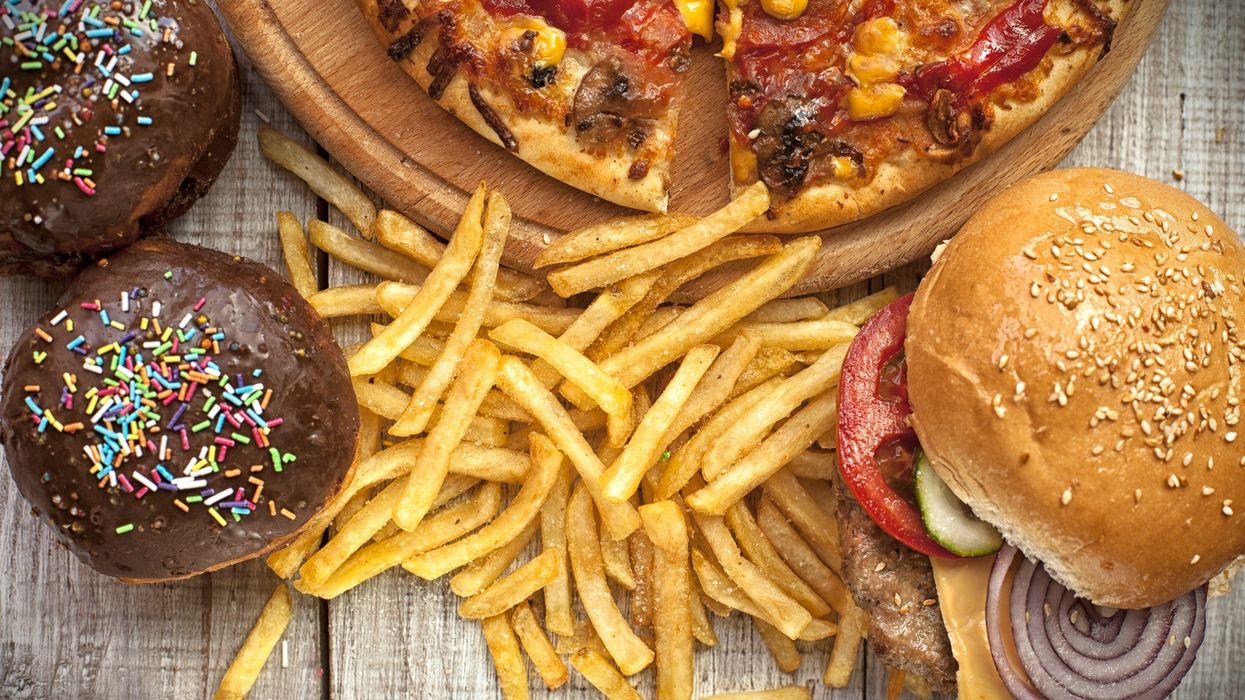SUGAR and salt should be taxed with the same revenue to be used to expand free school meals and support the diets of those living in deprived parts of Britain, the National Food Strategy's independent report has suggested.
Britain must change what it eats and the way it produces food to stop "terrible damage" to people's health and the environment, the government commissioned report said on Thursday (15), also urging meals with more vegetables and fruit and less fat, sugar and salt.
Seeking to curb widespread obesity and protect the National Health Service (NHS), it further said that current eating habits are destroying the environment, which in turn threatens Britain's food security.
"The way we produce food is doing terrible damage to the environment and to our bodies, and putting an intolerable strain on the National Health Service," said the report's author Henry Dimbleby.
"Covid-19 has been a painful reality check. Our high obesity rate has been a major factor in the UK’s tragically high death rate. We must now seize the moment to build a better food system for our children and grandchildren.”
Britain has suffered the world's seventh highest death toll from Covid-19, with over 128,000 fatalities.
The report, commissioned by the government in 2019, urges food education to be central to the national curriculum, and for food standards to be protected in any new trade deals.
The report also recommends measures to restore and protect Britain's natural environment, by investing in sustainable farming techniques and new food technologies.
According to the report poor diets contribute to around 64,000 deaths every year in England alone and cost the economy about £74 billion ($102 billion).
The report sets out how Britons' diets will need to change over the next decade in order to meet the government’s existing targets on health, climate and nature.
By 2032, fruit and vegetable consumption will have to increase by 30 per cent, and fibre consumption by 50 per cent, while consumption of food high in saturated fat, salt and sugar will have to go down by 25 per cent, and meat consumption should reduce by 30 per cent.
The report estimates its recommendations will cost around £1.4 billion per year and bring in up to £3.4 billion per year of direct revenue to the government.




